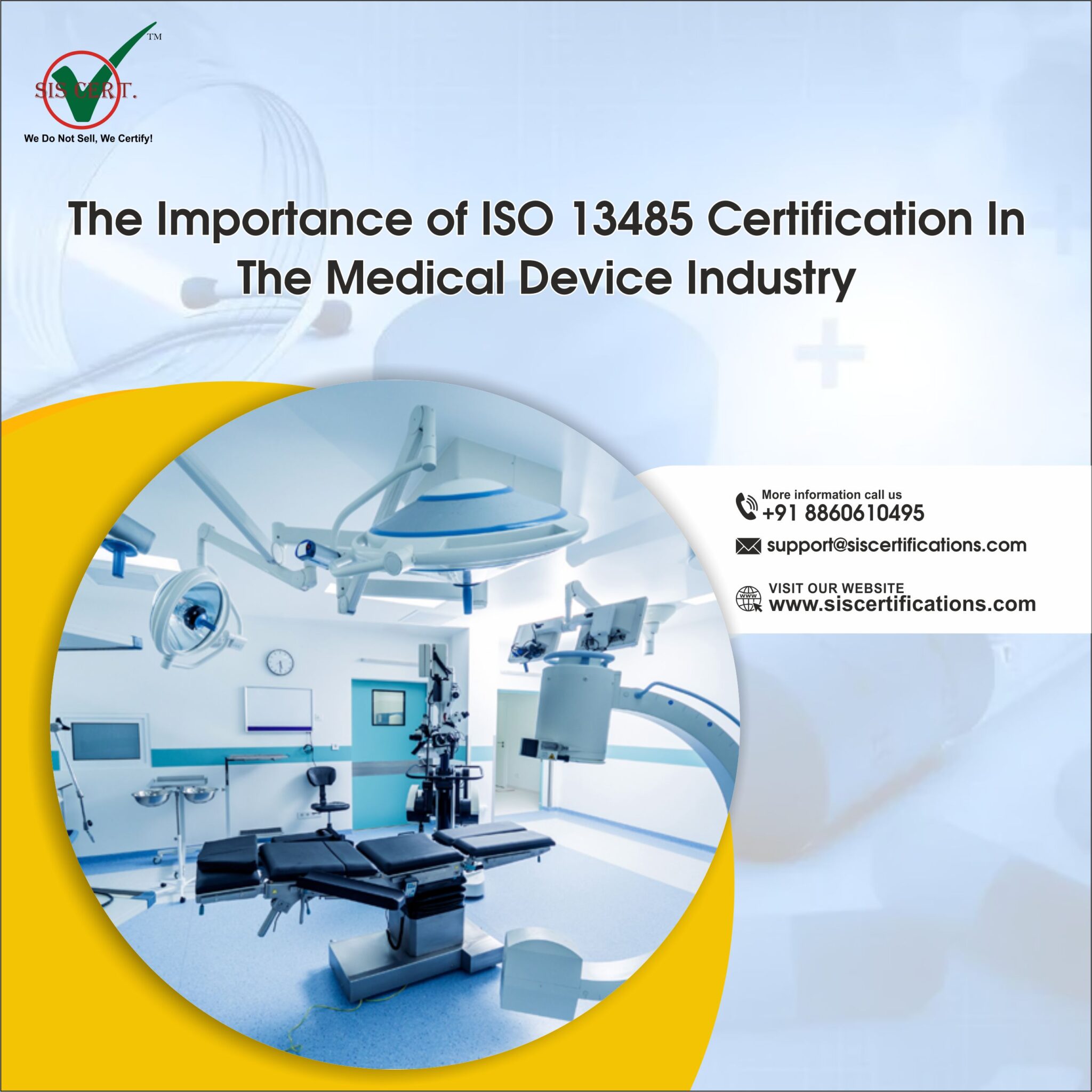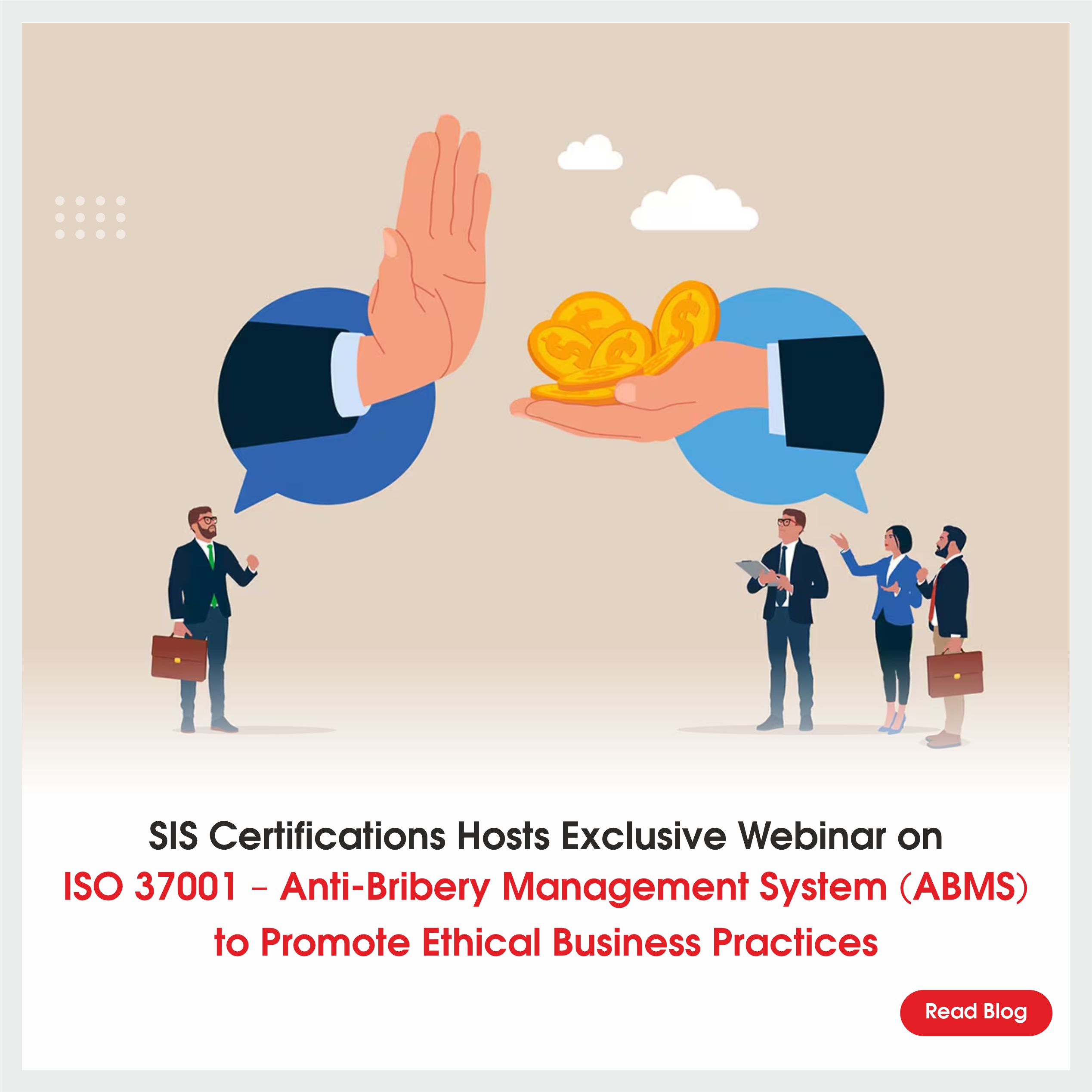Are you ready to step into the world of medical device manufacturing? Hold on tight as we explore ISO 13485 certification, a crucial component of the jigsaw. This certification guarantees that producers follow stringent quality management systems in a sector where accuracy and safety are crucial requirements. Join us as we explore the significance of ISO 13485 and learn how it plays a crucial part in saving lives every day, whether you are already familiar with it or are just beginning your path in the medical device sector. So buckle up, and let’s go on this enlightening journey together!
Introduction: Understanding ISO 13485 and its Significance
ISO 14001 standard for the Environmental
It is impossible to overstate the significance of ISO certification for the medical device sector. You must uphold stringent quality standards if you want to guarantee that your gadgets are reliable and secure. The ISO 13485 standard is among the most significant ones for medical equipment.
The worldwide ISO 13485 standard was created exclusively for medical equipment. It lays up the specifications for a thorough quality management system, including design and development, manufacturing, storage and distribution, customer support, and post-market monitoring.
There are numerous advantages to implementing an ISO 13485-based quality management system. Most significantly, it aids in making sure that your devices comply with all relevant regulatory requirements. Additionally, it can aid in enhancing cooperation and communication within your business as well as with clients and suppliers. You can save costs related to rework or scrap by using ISO 13485 while simultaneously increasing product quality and consistency.
Although ISO 13485 accreditation has several advantages, probably the most significant one is that it promotes patient safety. You commit to creating safe and reliable medical devices when you establish a quality management system based on this standard. The fact that it offers producers a competitive edge in the market is arguably the most significant advantage. ISO 13485:2016 medical devices demonstrate to potential customers that a manufacturer is committed to quality and safety. It aids in improving a manufacturer’s internal processes and procedures.
The ISO 13485 certification may aid medical device manufacturers in streamlining their processes, providing better customer service, and growing their clientele.
Management Systems (EMS) offers a framework that businesses may use to enhance their environmental performance. The objective of the EMS is to reduce the adverse effects of business operations, products, and services while maintaining compliance with relevant environmental laws. It promotes a process-based approach to maintaining environmental management by highlighting the necessity of establishing goals, tracking results, and making data-driven decisions.
ISO 13485 Certification Requirement ⮯
Although implementing ISO 13485 may seem difficult or intimidating, in practice, doing so helps get rid of some of the regulations and methods that are random in the medical device industry.
- A quality management system (QMS) must be designed and kept up to date, and it must contain documentation, internal audits, and remedial measures.
- Risk management system: To detect and assess any possible hazards associated with the medical device throughout the duration of its lifespan, teams must also establish a risk management plan.
- Verification of compliance: According to ISO 13485, businesses must ensure that their products meet both customer and legal requirements. This involves upholding traceability and record-keeping mechanisms to ensure that items are recognised and tracked along the supply chain.
- Organisations should set up and maintain a system for the control of non-conforming items to make sure that any issues are identified and dealt with as soon as possible.
The medical device sector could start to experience some harmonisation and uniformity of systems and procedures as ISO 13485 is increasingly adopted globally by businesses and governmental organisations. The industry will become more organised as a result of this standardisation, and significant inventions will have an easier and maybe quicker path to market.
Maintaining ISO 13485 Compliance: Best Practices for Ongoing Success ⮯
Maintaining ISO 13485 compliance is crucial for any company that wants to create medical devices that are reliable and efficient. To keep up with this worldwide standard, there are a few best practices that need to be followed.
Organisations should set up explicit policies and processes for complying with ISO 13485. Regular reviews and any necessary updates should be made to these.
All staff members should get training on both the standard’s requirements and the organization’s own rules and procedures. To make sure that all staff are following the right processes, regular audits should be carried out.
Suppliers of the components, materials, and services utilised in the production of medical devices must also adhere to ISO 13485 standards. The company needs a system in place to keep track of the performance of its suppliers and ensure that they are adhering to the essential specifications.
Any non-conformities found throughout the production process need to be fixed right away. To avoid repetition, the proper corrective and preventative measures must be done.
It’s crucial to keep thorough records of all actions taken in connection with ISO 13485 compliance. This will make it easier to see any patterns or problem areas.
ISO 13485 Certification process
There are a few steps to getting ISO 13485 certified-
The first stage is to create and publish a quality management system (QMS) that complies with ISO 13485. this QMS will need to be audited by a third-party, certified entity to guarantee compliance, the business can then apply for certification when the QMS has been accepted.
The ISO certification procedure involves an initial examination by the certifying organisation, followed by several audits spread out over three years. Businesses need to keep up their QMS and continue to adhere to the criteria of ISO 13485 to keep their certification current.
ISO 13485 Certification Cost ⮯
One of the most significant benefits of ISO 13485 certification for manufacturers of medical devices is the potential cost reductions. Depending on the size and complexity of the organisation, the cost of certification might vary, although it is often far less expensive than traditional quality management methods. Additionally, organisations having ISO 13485 certification may frequently meet their quality goals for a lesser cost than non-certified organisations.
Conclusion ✅
Minor deviations from the norm are typically infrequent. The majority of the time, these can be quickly found and fixed, although they rarely have an immediate effect on the final product. Minor non-conformance can involve singular problems like the start and stop runs of plastic injection molding machines or errors in machine calibration.
This kind of nonconformity is caused by a one-time setup or another infrequent source, and it might not last during the mass production of a product. But just because this kind of nonconformity is viewed as “minor” doesn’t imply it should be disregarded. Minor infractions frequently escalate to major ones.
Significant Non-Conformity
Organisations working in the medical device business must adhere to ISO certification 13485:2016 for medical devices quality management systems. The requirements for creating, putting into practise, and upholding a successful quality management system that guarantees the security and efficiency of medical devices are outlined in this standard. Organisations that adhere to ISO 13485:2016 can increase customer satisfaction, reduce risks, and show their dedication to making dependable and safe medical devices. Apply for ISO 13485 certification online.




